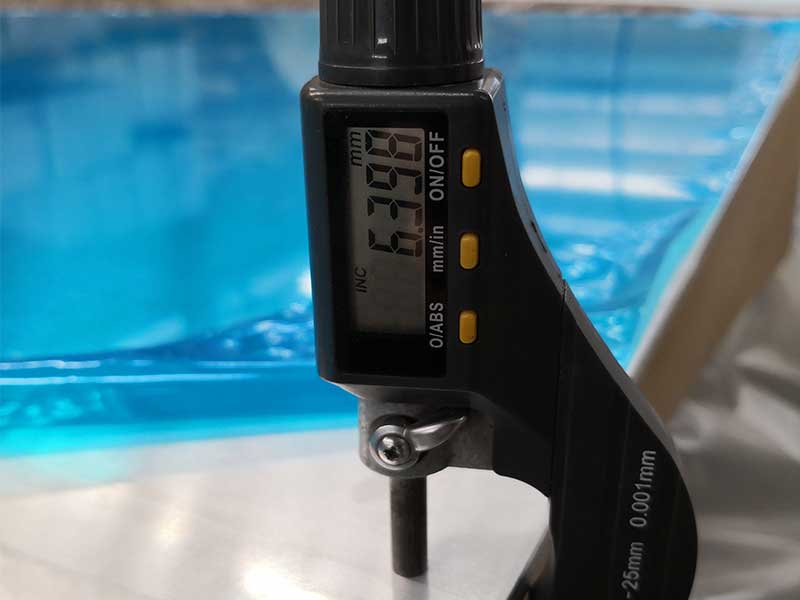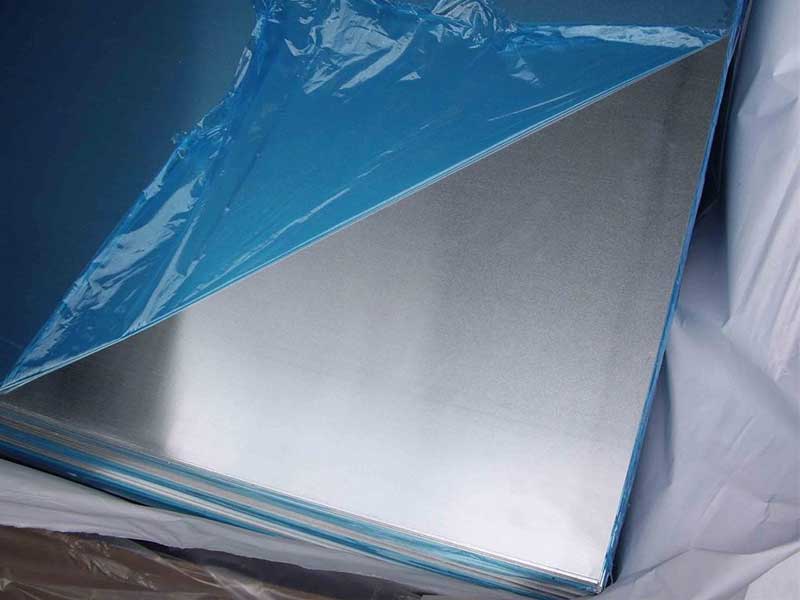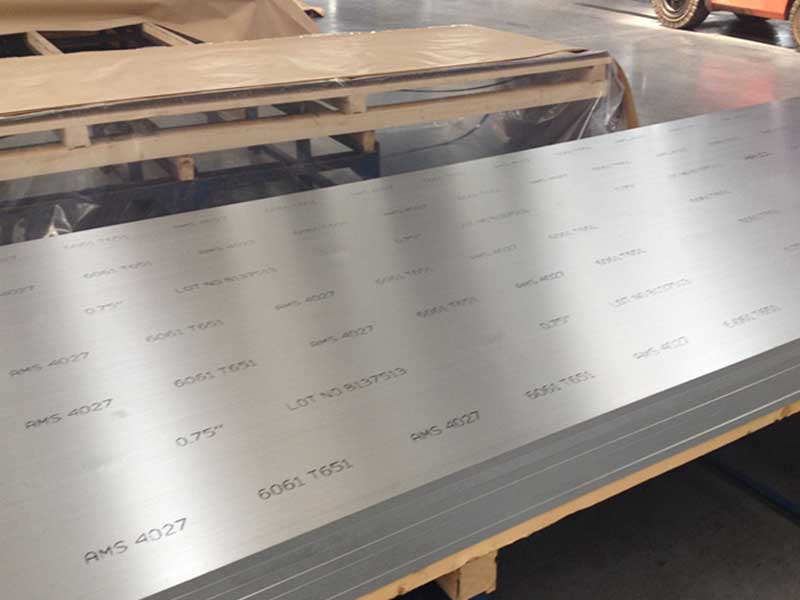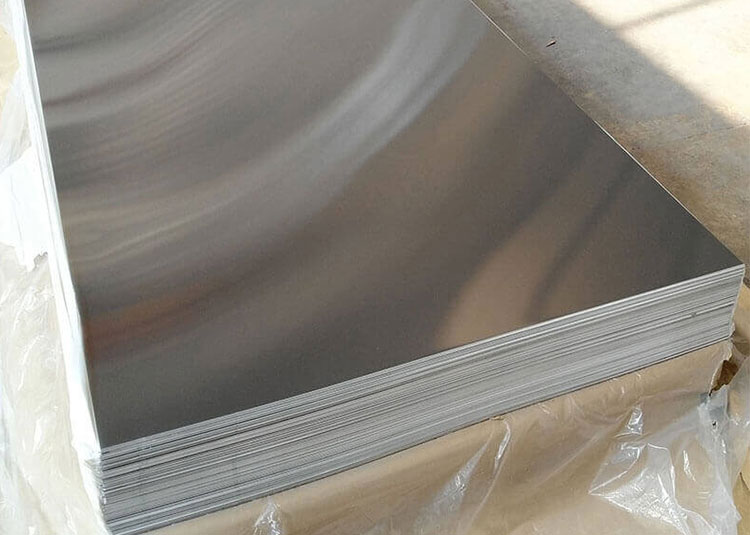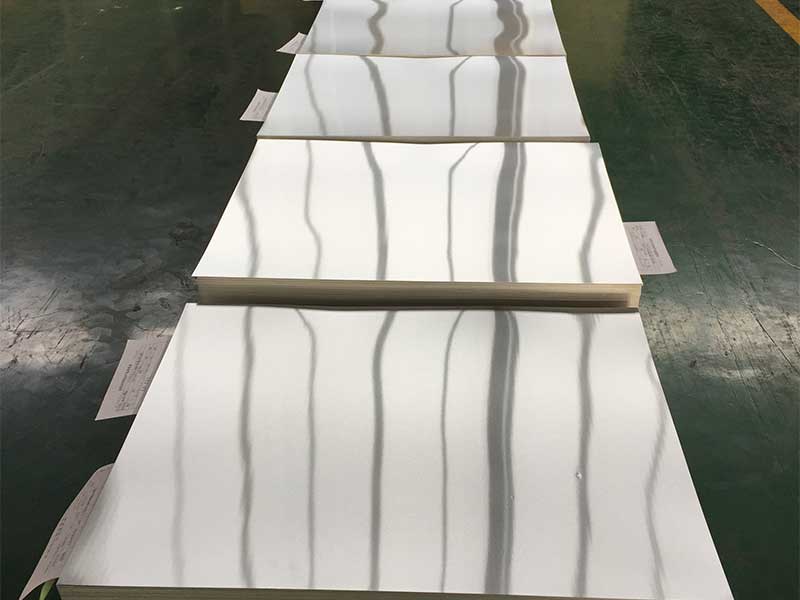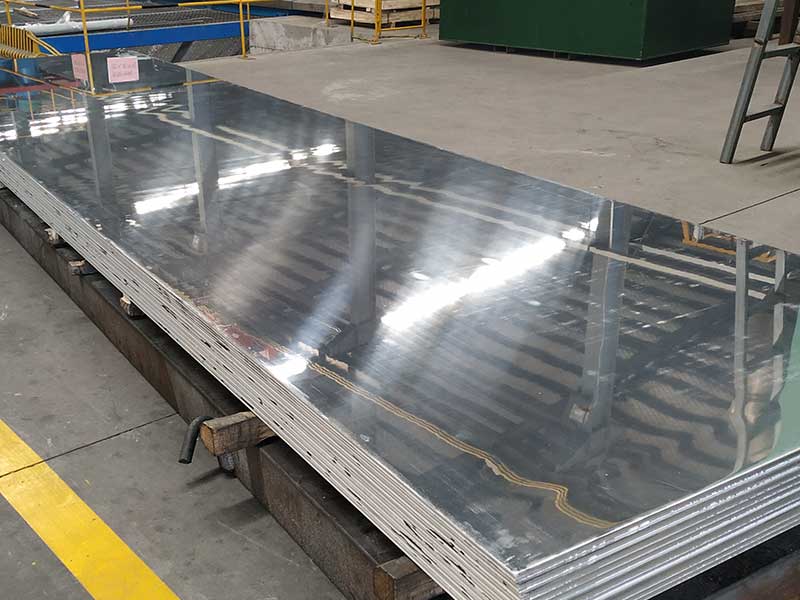Which alloy is the aluminum cans
Aluminum cans have become a staple packaging solution across the beverage industry due to their lightweight properties, resistance to corrosion, and high molding capabilities. A majority of aluminum cans are manufactured using a specific aluminum alloy, primarily the 5000 and 3000 series.
Aluminum cans are predominantly used for beverage packaging, including soft drinks, water, and beer. The main properties that contribute to the consistent use of aluminum for drinks are:
- Lightweight
- High fatigue resistance
- Non-corrosive nature
- Good thermal and electrical conductivity
- Recyclability
Common Alloys Used in Aluminum Cans
The most common aluminum alloys utilized for production of cans include:
- 3000 Series Aluminum Alloy
- 5000 Series Aluminum Alloy
Features of 3000 Series Aluminum Alloy
The 3000 Series alloy, specifically AA3004, is a strong work-hardened alloy suitable for can bodies. It is about 1.5% Mg and has excellent resistance to corrosion and good forming capabilities.
Features of 5000 Series Aluminum Alloy
The 5000 Series alloy, particularly AA5052, offers greater strength and durability than 1100 and 3000 series alloys, with approximately 2.5% Mg to enhance malleability and weldability, while maintaining excellent resistance to corrosion.
Chemical Composition
The following tables summarize the chemical compositions of the aluminum alloys used in drink cans:
Table 1: Chemical Composition of 3000 Series Aluminum Alloy (AA3004)
| Element | Composition (%) Minimum | Composition (%) Maximum |
|---|---|---|
| Aluminum (Al) | Balance | Balance |
| Copper (Cu) | 0.05 | 0.4 |
| Iron (Fe) | 0.7 | 1.0 |
| Manganese (Mn) | 1.0 | 1.5 |
| Magnesium (Mg) | 0 | 0.5 |
| Silicon (Si) | 0 | 0.6 |
| Zinc (Zn) | 0 | 0.25 |
Table 2: Chemical Composition of 5000 Series Aluminum Alloy (AA5052)
| Element | Composition (%) Minimum | Composition (%) Maximum |
|---|---|---|
| Aluminum (Al) | Balance | Balance |
| Copper (Cu) | 0.0 | 0.1 |
| Iron (Fe) | 0.0 | 0.4 |
| Magnesium (Mg) | 2.2 | 2.8 |
| Manganese (Mn) | 0.0 | 0.1 |
| Silicon (Si) | 0.0 | 0.25 |
| Zinc (Zn) | 0.0 | 0.1 |
Technical Specifications
Aluminum alloys demand specific performance characteristics to cater to the rigors of beverage packaging. Below is a table summarizing specifications.
Table 3: Technical Specifications of Aluminum for Beverage Cans
| Property | 3000 Series (AA3004) | 5000 Series (AA5052) |
|---|---|---|
| Yield Strength (MPa) | 210 | 230 |
| Ultimate Tensile Strength (MPa) | 310 | 260 |
| Elongation (%) | 12 | 16 |
| % Of Impact Energy | 20 | 25 |
| Corrosive Resistance | Good | Excellent |
Applications
The selection of aluminum alloys for cans stands primarily driven by user preferences. Notable applications include:
- Carbonated Beverages: Cans made from the 3000 series provide excellent resistance to pressure.
- Juice and Non-carbonated Drinks: Both the 3000 and 5000 series preserve taste and extend shelf life due to their effective barrier properties.
- Food Storage: Their resistant composition extends usability during transport and exposure to heat or light.
- Sustainable Practices: An excellent candidate for the recycling process with low melting properties, making it eco-friendly.
https://www.al-alloy.com/a/which-alloy-is-the-aluminum-cans.html


